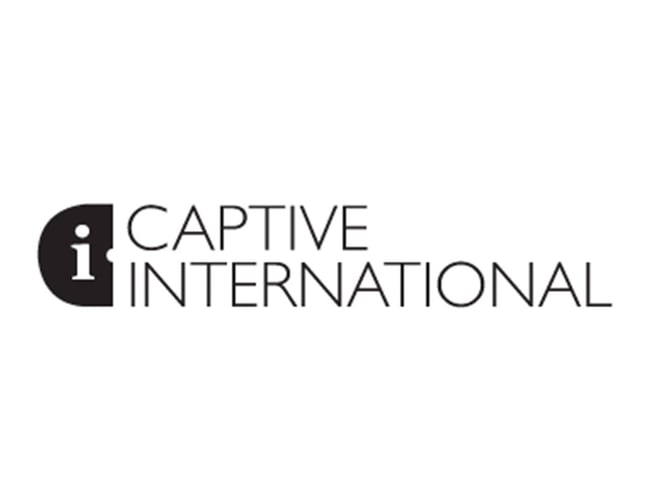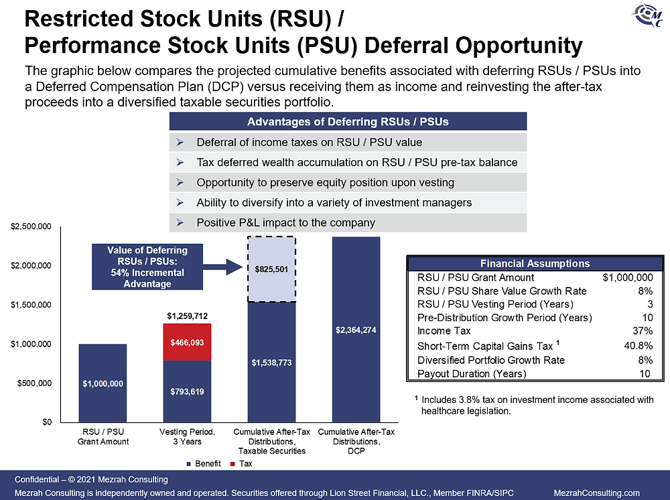New Filing Requirements for 831(b) Captives


There is a general understanding that an element of the small captive insurance company industry is improperly using the tax exemption 831(b) to shield taxable income. In an effort to study and minimize the abuse, the IRS, on November 1, 2016, issued Notice 2016-66 identifying a specified captive insurance company design defined under IRS code section 831(b) as a “transaction of interest.” Taxpayers owning and using any 831(b) captive need to be aware of these changes to determine if they might be covered by it, and if so, what they need to do now and moving forward. If disclosure obligations are not followed properly, significant penalties can be applied for noncompliance.
What changed? It is important to understand exactly what the IRS is now terming a transaction of interest. If the transaction is yielding tax benefits that abuse the law to achieve benefits that the IRS views as inappropriate, it can classify that transaction as an abusive tax shelter. Before the IRS can make a determination that a transaction is or is not abusive, it can identify the transaction as a “transaction of interest.” Not all 831(b) captives are transactions of interest and even if a captive is labeled a transaction of interest, it does not necessarily mean it’s abusive.
If a captive insurance company is structured in a way that marks it as a transaction of interest, then several parties related to that structure have a reporting requirement. If not supported by the law, it would have potential penalties, however, just being classified as a transaction of interest does not mean or imply that there is any additional tax required or that there is any penalty for underpayment of taxes. Visit the IRS website to further understand how a transaction of interest is being defined.
The reporting obligation can be time-consuming and applies to the captive itself, its owners, the insured company and the company promoting the captive. All of these may be considered participants and must file a Form 8886. These are described in detail here. The Forms must be filed by January 30, 2017, which is a hard deadline carrying heavy penalties if missed. Additionally, any material advisor, anybody who gave paid advice (subject to minimum fee requirements) constituting a “tax statement” to the participants, will need to complete an alternate form. Any affected 831(b) captive must disclose certain information on IRS Form 8918, Material Advisor Disclosure Statement.
The information provided is meant as a general overview, and captive participants and advisors are cautioned to work with their own tax counsel to fully understand the implications of the Notice 2016-66. If you own an 831(b) micro-captive and are unsure of your need to complete Form 8886, please contact Mezrah Consulting.
More Information
For more information call (813) 367-1111 and ask for Sales, or email consulting@mezrahconsulting.com. A team member will reach out to you shortly!
Who We Are
Mezrah Consulting, based in Tampa, Florida, is a national executive benefits and compensation consulting firm specializing in plans for sizable publicly traded and privately held companies. For more than 30 years, we have focused on the design, funding, implementation, securitization and administration of nonqualified executive benefit programs, and have advised more than 300 companies throughout the U.S.
As a knowledge-based and strategy-driven company, we offer clients highly creative
and innovative solutions by uncovering value and recognizing risks that other firms typically do not see. Custom nonqualified benefit plans are administered through our affiliate mapbenefits®, a proprietary cloud-based plan technology platform that provides enterprise plan administration for nonqualified plans, including reporting and functionality for plan participants and plan sponsors.



